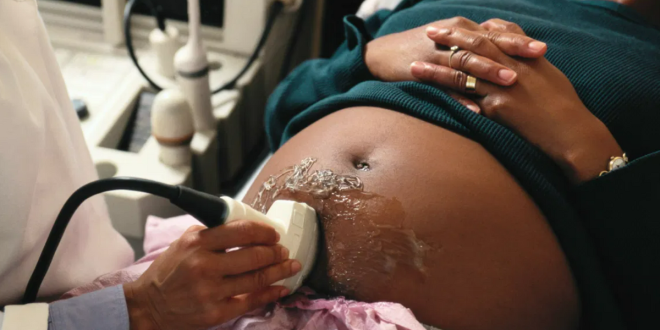
These pregnancies get identified on an ultrasound, or the pregnant tissue gets discovered after the pregnancy loss.
Once a recurrent pregnancy loss is diagnosed, the couple must undergo a series of tests, some of which are very special and must be performed in specialised laboratories, to determine the cause. Most pregnancy losses are due to chromosomal or genetic abnormalities that could be caused by the egg, the sperm, or the early embryo.
Predicted risk of miscarriage
According to experts, the predicted risk of miscarriage in the future is 20% after one miscarriage, and it increases to 28% after two miscarriages and 43% after three or more miscarriages.
Sadly, doctors can only determine the cause of miscarriage in 70% of the instances leaving other 30% of recurrent pregnancy losses undefined. Doctors, constantly encourage our patients to be positive because even after one or two losses, the third pregnancy may be uneventful and result in a healthy baby.
Studies show that approximately 65% of women who experience unexplained recurrent pregnancy loss have a successful subsequent pregnancy. It is advised that both partners remain positive and go to the doctor for testing to establish the problem.
Causes of miscarriage in the first, second, and third trimester
Various factors can lead to the cause of miscarriage in the first, second, and third trimester – a few of them are:
- Uterine Problems
- Immunologic Factors
- Hormonal Disorders
- Genetic Abnormalities
First-trimester
The first-trimester miscarriage can occur when the uterus is abnormal. The miscarriage could be caused by a lack of blood supply during the pregnancy or by inflammation. Some women are born with an irregularly shaped uterus, and some develop uterine abnormalities over time.
To determine the cause of the miscarriage, a 3D Ultrasound of the uterus must be conducted. A woman’s immunity may also play a vital role in recurrent pregnancy loss. Diabetes and thyroid disease, for instance, can both cause pregnancy loss due to hormonal imbalances. Pregnancy loss may also be affected by a mother’s blood clotting abnormalities. Proper counselling before conception and detailed history taking in these cases help doctors discover the cause and rectify it.
Second and third trimester
A miscarriage in the second or third trimester can be caused by autoimmune diseases, uterine abnormalities, or a superficial infection in the uterus or cervix, sometimes resulting in premature births. Proper review and screening for autoimmune illnesses, also known as antiphospholipid antibody syndrome, is required since it is often a prevalent cause of these fatalities.
Late miscarriages are often caused by a severe condition such as placental separation due to many medical causes, which can reoccur at a very high rate in later pregnancy.
Prevention
Although the reason for a miscarriage is frequently unclear, doctors say that many of the previously identified risk factors can be addressed or eliminated. For example, eating a good, balanced diet, reducing caffeine intake, losing weight before pregnancy if overweight or obese, remaining active, and not drinking, smoking, or taking illicit substances can minimize the chance of miscarriage.
Pre-Conception Planning
- Check for any sexually transmitted infections between you and your partner and always use barrier contraception during treatment.
- Aside from that, be wary of threatened abortion, a condition in which symptoms point to a possible miscarriage.
- In such a case, it’s critical to implement measures such as bed rest, avoiding heavy weightlifting, avoiding sexual intercourse, treating the underlying condition, and providing pregnancy support physically and mentally.
 Top Naija News: Nigerian News, Breaking News Nigeria and World News Top Naija News is a daily news publication in Nigeria, delivering the latest breaking news in Nigeria and around the world.
Top Naija News: Nigerian News, Breaking News Nigeria and World News Top Naija News is a daily news publication in Nigeria, delivering the latest breaking news in Nigeria and around the world.




